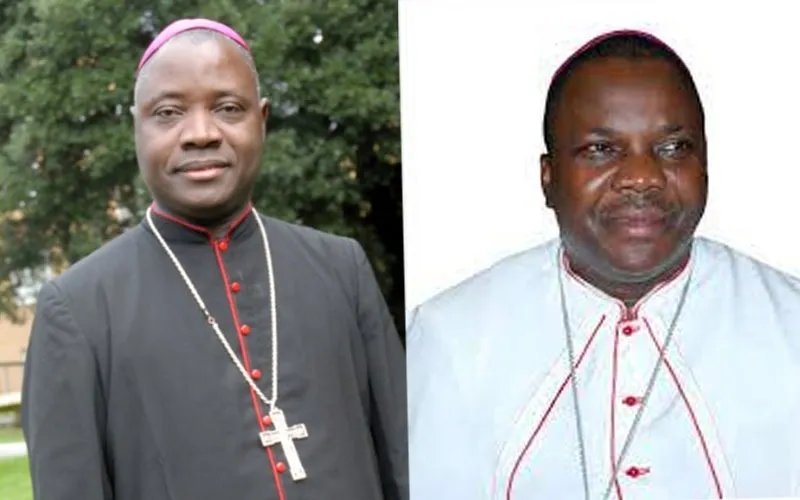“No doubt, Christians have suffered many losses like their Muslim counterparts, but when the perpetrators of such crimes are heard in the process chanting Islamic slogans, it is hard to convince Christians that they are not carrying out a religious agenda against them,” he said, and added, “This feeling has been aggravated by the implementation of the Sharia in some parts of Northern Nigeria.”
According to the Nigerian Archbishop, “Even before the adoption of Sharia by some Muslim dominated States in the North, Christian minorities in those States have been living under what they believe are unfair situations, such as the inability to secure land to build for Christian worship.”
Additionally, he said, in Nigeria, “some minority tribes who choose to profess Christianity instead of Islam claim they are marginalized.”
Similarly, he continued, in Nigeria, “rulers of Islamic faith are imposed on some ethnic groups that are either largely Christian or practitioners of African Traditional Religion. This has been said to be the underlying causes of agitations in Southern Kaduna and elsewhere.”
The persecution of Christians in Nigeria is on an upward trajectory, Bishop Bajedo told ACI Africa, underscoring the need for the U.S. State Department to reconsider its decision to exclude the country from the list of nations characterized with severe religious freedom violations.
(Story continues below)
In Nigeria, Bishop Badejo says, “the scope of persecution is wide and cross cutting, involving the rape and forced marriage of Christian girls, promulgation of policies and privileges that exclude Christians and also forced conversions.”
“The Nigerian government has mostly carried on as if all is well, refusing at every turn to declare the extremists who are behind wanton destruction, grave abuse of human rights and mayhem, terrorists,” the Bishop of Nigeria’s Oyo Diocese says.
He continues, “There is almost complete lack of interest on the part of the Federal Government to help Christians who have been kidnapped en masse and the Churches concerned have simply had to pay heavy sums for the freedom of their members.”
“On the other hand, the media office of the Federal Government springs to overdrive whenever it perceives any resistance or legislation to the aggression and the occupation moves of the Muslim Fulani herdsmen who have become a menace everywhere in the country,” Bishop Badejo further says, and poses, “How can a country in this situation be given a clean bill of health then?”
As a way forward, the U.S. State Department needs to reconsider its decision to exclude Nigeria from the religious freedom violations watch list, the two Nigerian Prelates have told ACI Africa.
“I simply advice the United States to revisit that decision, to save the credibility of its listing because it is clearly premature,” Bishop Badejo has said.
According to the Nigerian Bishop, “Christians in Nigeria particularly simply cannot identify with such a whitewash of the subtle and not-so-subtle persecution of Christians that is still going on unabated in Nigeria. The United States should activate its well-recognized facility to consult with the concerned people and institutions on matters that concern the welfare of Christians and marginalized groups of Nigeria and avoid following the lead of vested and political interests, which specialize in producing nuanced stories about reality.”
Bishop Badejo’s sentiments echo those of Archbishop Kaigama who has said, “The U.S. Department of State should make further enquiries and consult more, especially with people in the grassroots.”
“The U.S. State Department should also probe for an unbiased picture about the dynamics of religion and politics in the country and a democracy that engenders a just autonomy of religion and politics,” the Nigerian Archbishop who, earlier this month, called on Nigeria’s Catholics to pray the rosary for an end to “the irrational killings and attacks resulting in internally displaced people” told ACI Africa November 19.
Fr. Don Bosco Onyalla is ACI Africa’s founding Editor-in-Chief. He was formed in the Congregation of the Holy Ghost Fathers (Spiritans), and later incardinated in Rumbek Diocese, South Sudan. He has a PhD in Media Studies from Daystar University in Kenya, and a Master’s degree in Organizational Communication from Marist College, New York, USA.





